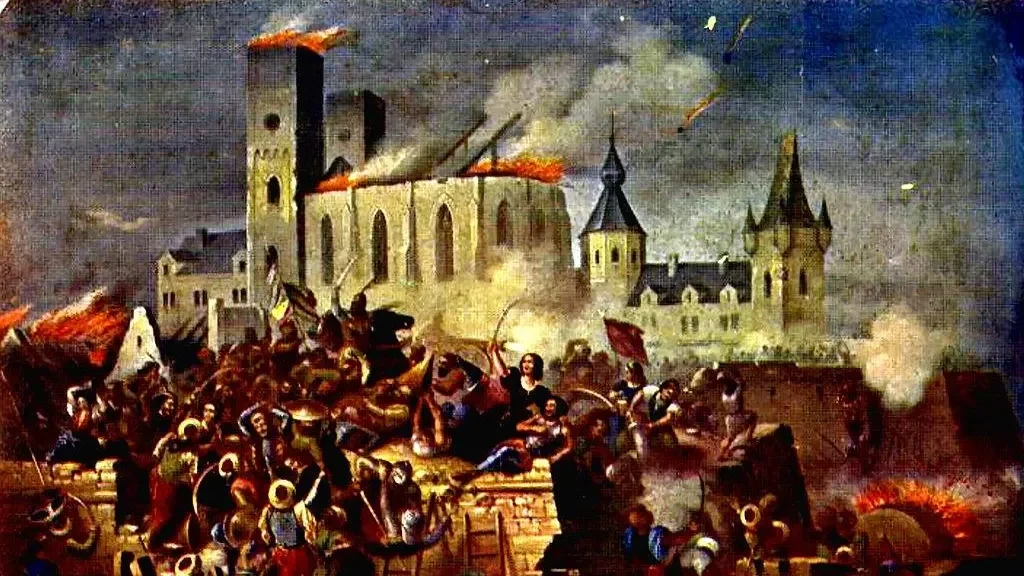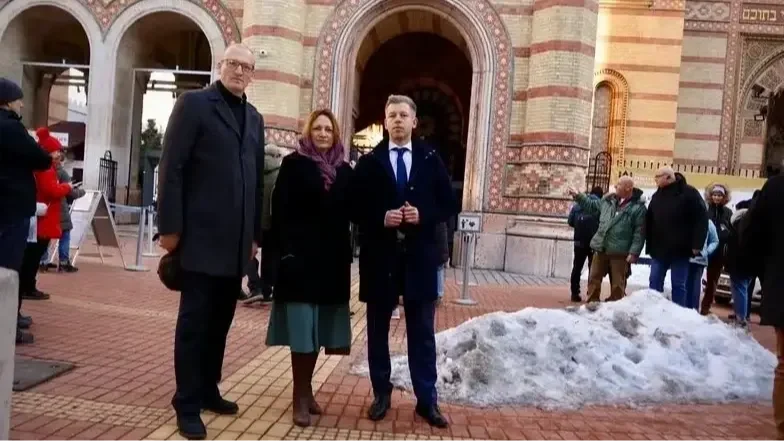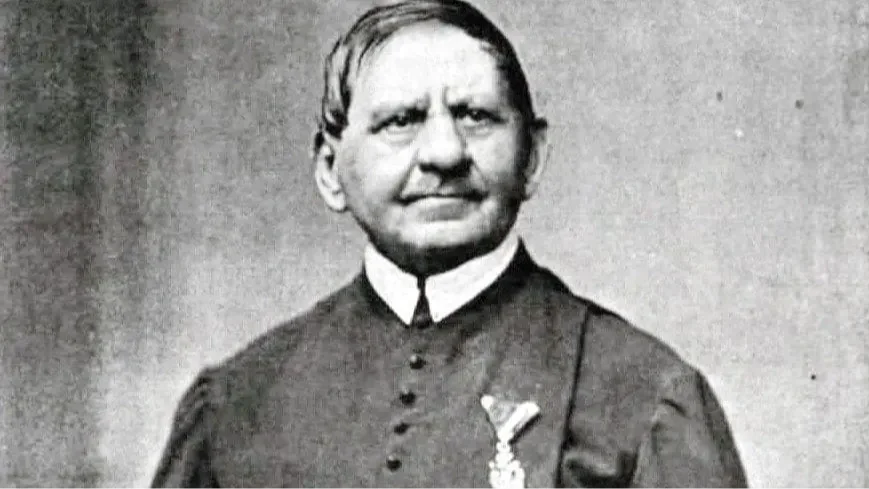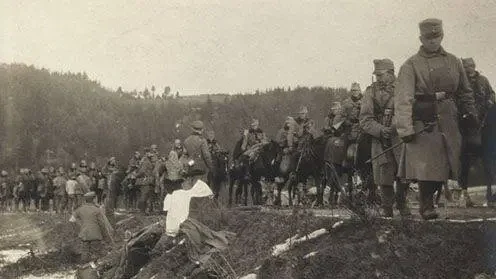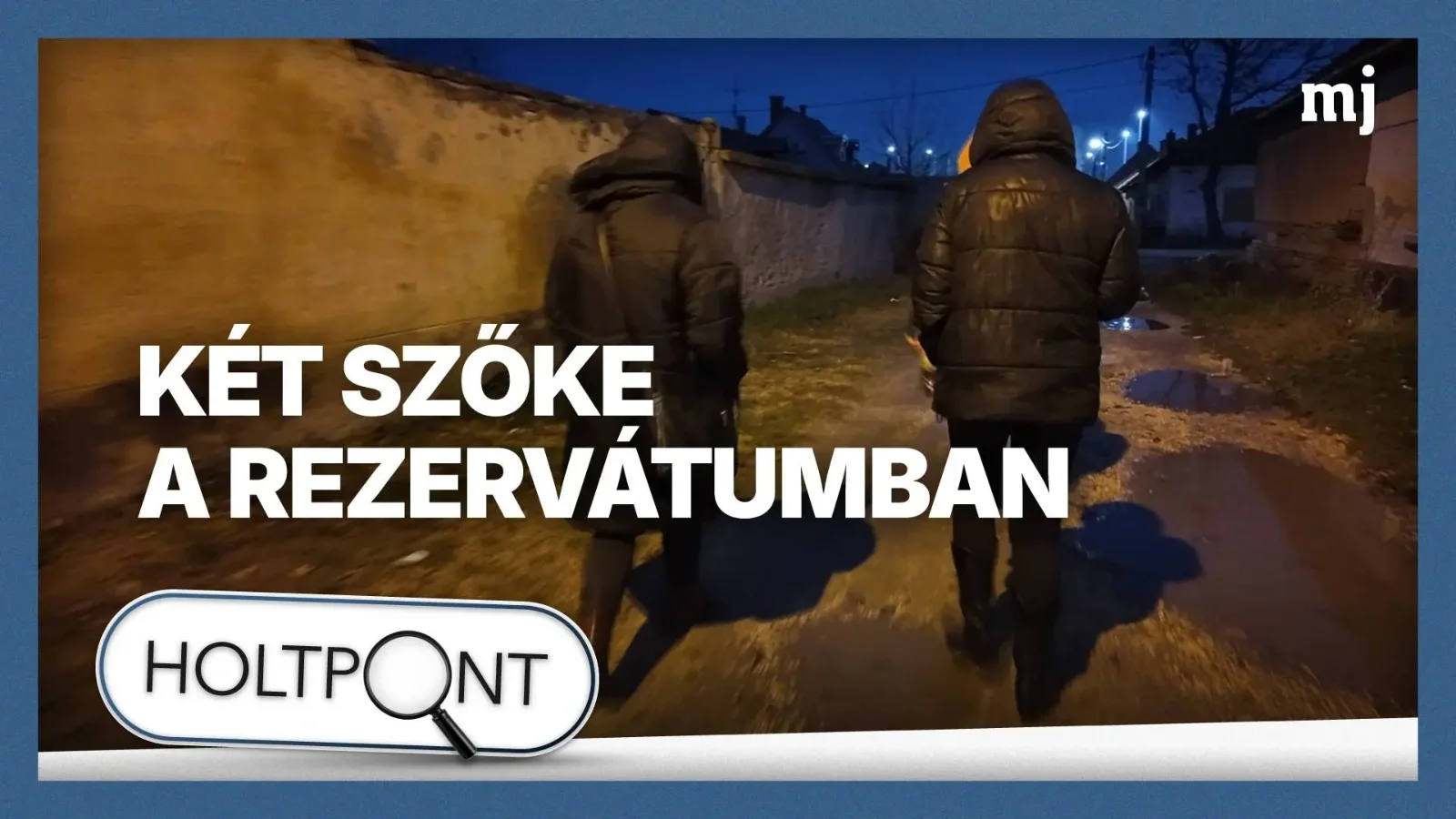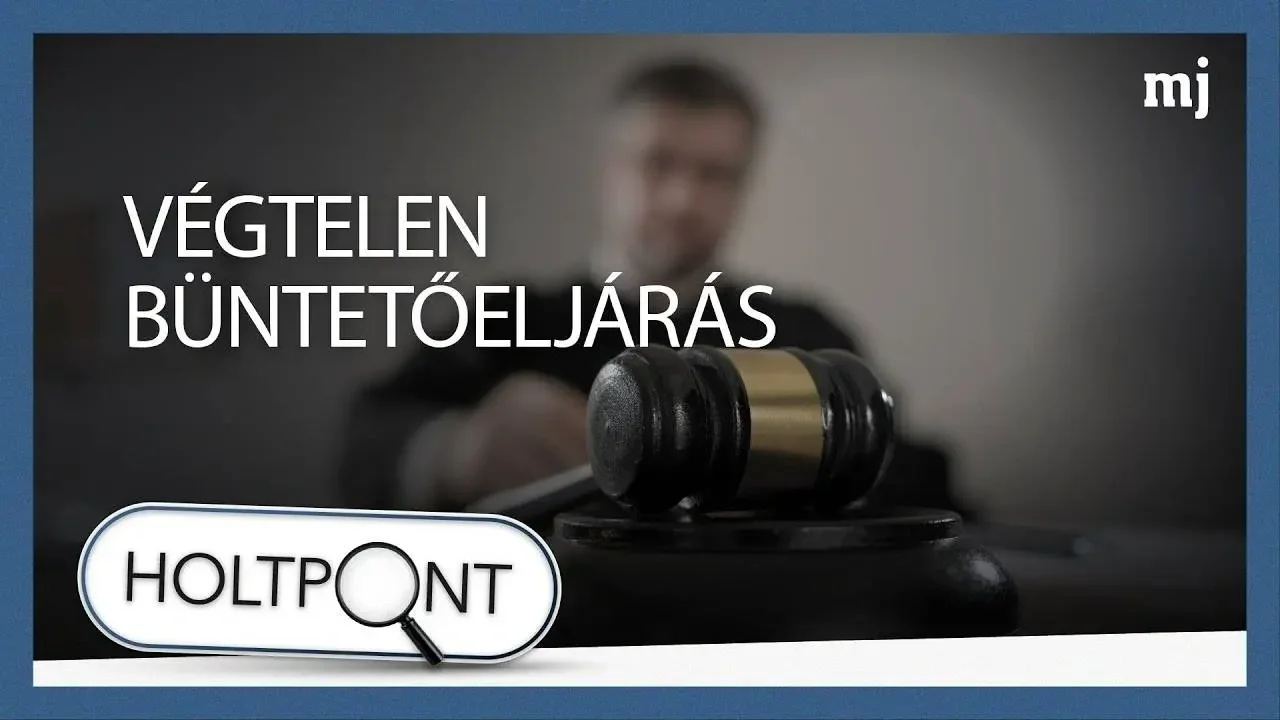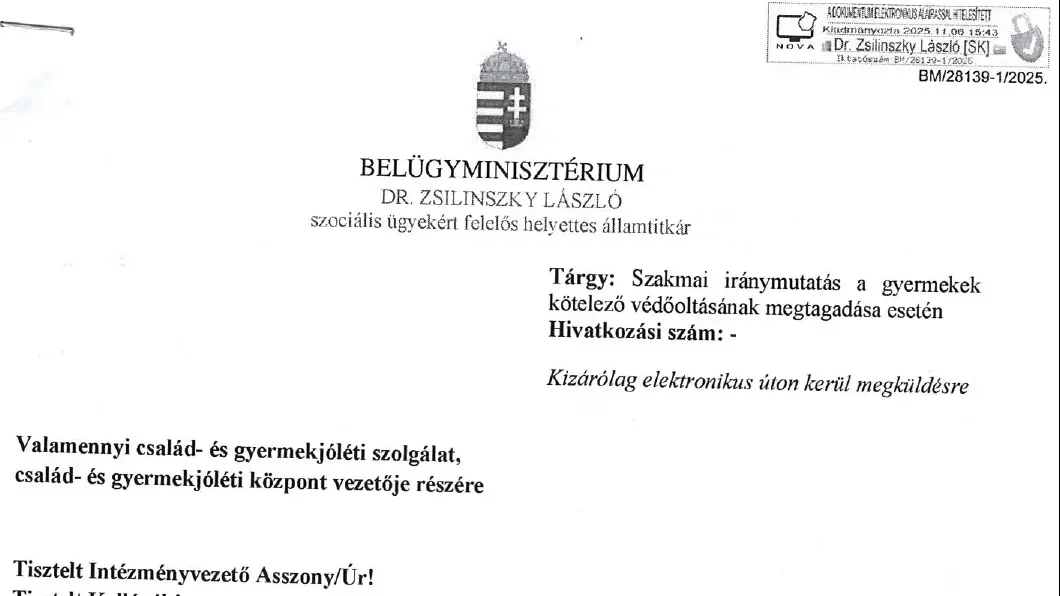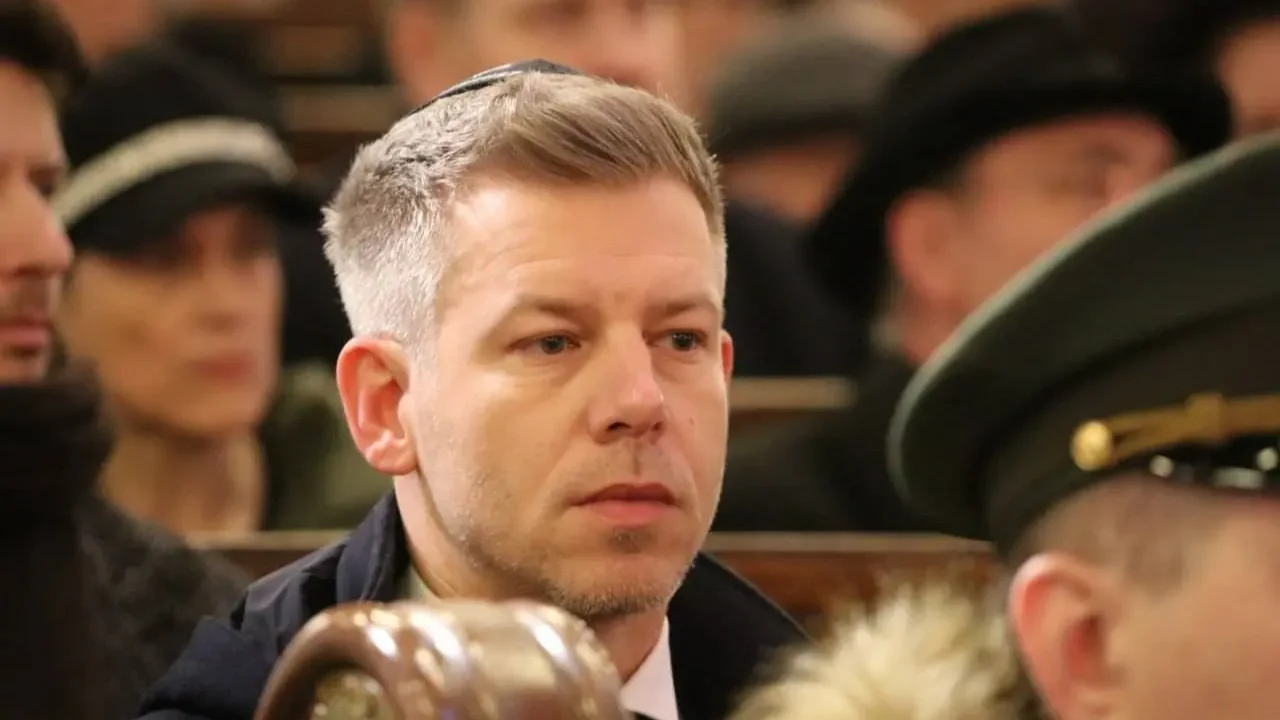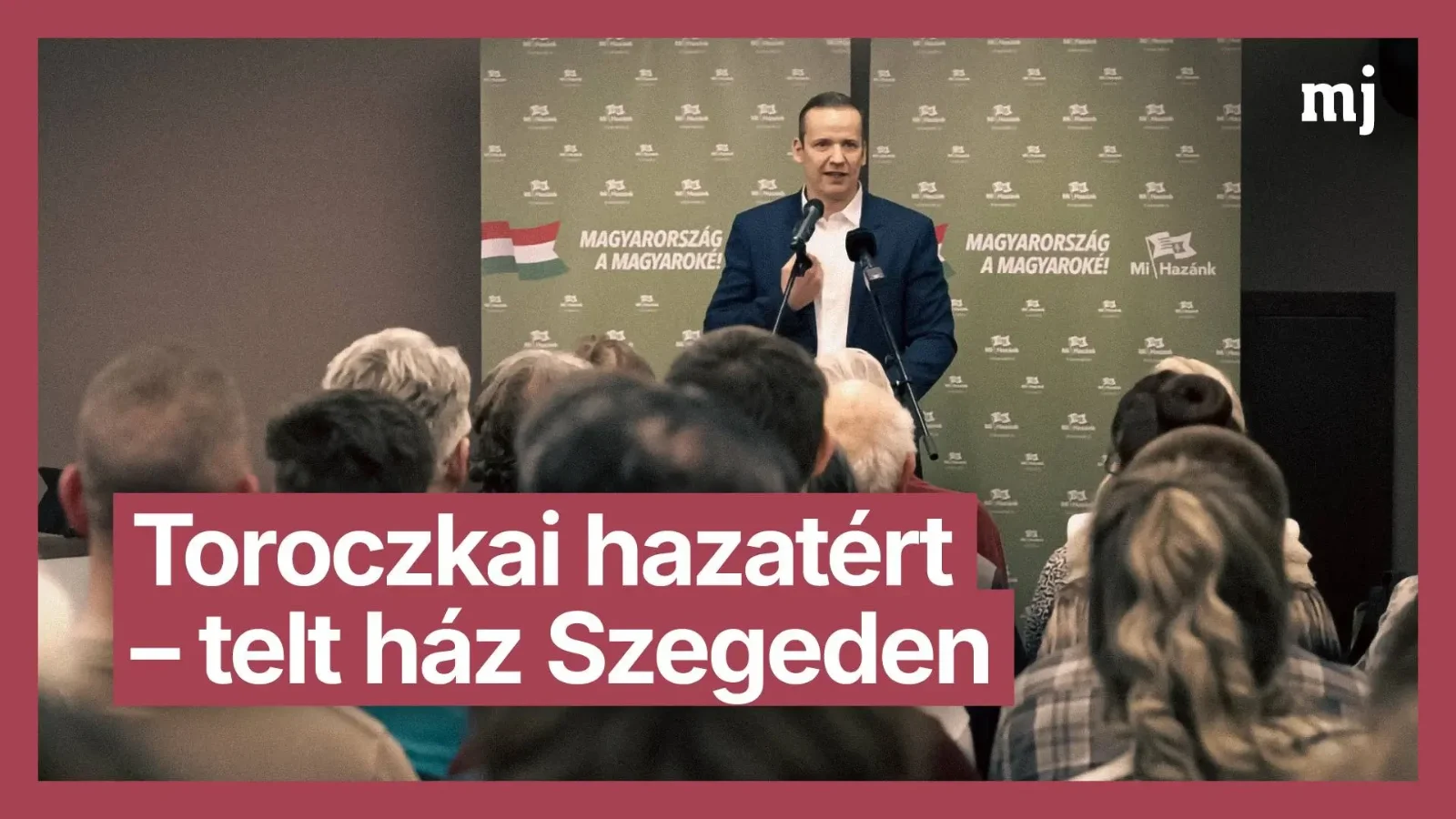When Students Stood Against Tanks: What 1956 Still Teaches About Freedom
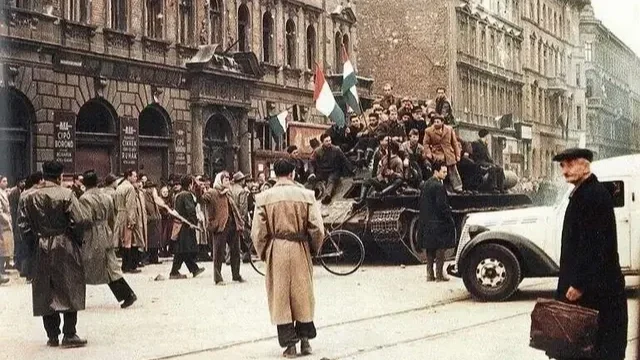
On the night of October 23, 1956, university students in Budapest gathered at the bronze statue of Sándor Petőfi, the revolutionary poet who had helped ignite Hungary's 1848 revolt against Habsburg rule. They read his poems aloud and sang the Kossuth anthem. Within hours, tens of thousands of Hungarians filled the streets. By dawn, they had toppled the massive bronze statue of Stalin that had loomed over the city for years, leaving only the dictator’s boots welded to the pedestal.
The Hungarian Revolution lasted twelve days before Soviet tanks crushed it on November 4. The Kremlin sent thousands of troops and armored vehicles to suppress a rebellion that began with young people demanding control over their student union. Twenty-five hundred Hungarians died, and another 200,000 fled into exile. Streets ran red with the blood of workers, students, and citizens who chose death over submission. Soviet commanders ordered snipers to fire directly into crowds of unarmed civilians. Teenagers threw Molotov cocktails at T-54 tanks, knowing they had no chance of survival. The world watched as a superpower demonstrated what happens when people dare to reclaim their sovereignty from a distant capital that believes it knows better.
Yet 1956 revealed something the Soviet empire could never fully reconcile. Ordinary citizens dismantled a police state with their bare hands.
Workers’ councils ran factories for eleven days without bureaucratic oversight. Neighborhoods defended themselves, street by street, against mechanized divisions. They showed that even the most powerful administrative apparatus rests on nothing more than the willingness of people to obey. Legitimacy cannot be manufactured through propaganda or enforced through surveillance. Authority without consent is merely occupation.
The architects of the European project after World War II believed that sharing sovereignty would prevent nationalist rivalries. What began as coordination of coal and steel production gradually expanded into a sprawling regulatory apparatus. Brussels today functions with the same institutional arrogance that once characterized the Soviet Politburo. European commissioners, unelected and largely unaccountable, issue directives on everything from agriculture to digital speech. They operate on the same assumption that once guided commissars in Moscow, that experts in a distant capital somehow possess superior wisdom to the peoples in the provinces who cling to their traditions.
Hungary has refused to comply with EU migrant quota systems, citing national security and popular opposition. Brussels has levied fines exceeding 500 million euros against Hungary for protecting its borders, demanding 20,000 euros per migrant that member states refuse to accept. This is economic coercion designed to override the will of national populations. The majority of Hungarian people, across political and regional divides, support this resistance. Their stance mirrors the spirit of 1956: refusing to let foreign powers dictate who may live within Hungarian borders and what Hungarian culture may become.
Students who gathered at Petőfi’s statue in 1956 were not only fighting for different governance structures. They fought to prevent the erasure of Hungarian civilization. The communist regime sought to create a "new Soviet man" stripped of national identity, religious faith, and cultural memory. Cardinal József Mindszenty had been imprisoned by the communists in 1949 for resisting the regime’s assault on the Catholic Church.
Revolutionaries freed him on October 30, 1956. His release demonstrated that the revolution defended religious liberty against a state that had shuttered churches, banned religious instruction, and dissolved religious orders. Hungarian history had been rewritten to emphasize class struggle over national heritage. Traditional family structures were attacked. Children were indoctrinated in schools. Dissent was punished. Language itself was reconstructed to serve ideological ends. It was a civilizational revolt against an ideology that viewed Hungarian identity itself as an obstacle.
Although the methods have changed, Brussels pursues the same project of civilizational erasure through different means.
Mass migration policies serve as demographic replacement, deliberately dissolving national populations that might resist centralized control. Native populations disconnected from their countries’ histories and traditions become easier to govern as interchangeable economic units rather than as citizens with inherited rights and cultural identity.
Gender ideology and critical race theory function as contemporary variants of Marxist social engineering, creating the post-national, post-gender, post-Christian person that replaces the "new Soviet man." Christian heritage is systematically erased from public life. National symbols and traditions are condemned as barriers to a cosmopolitan future. Brussels positions itself as the enlightened vanguard leading populations toward utopia, exactly as Soviet commissars once positioned themselves.
ÁVH agents operated throughout Hungary in 1956, communist collaborators who actively worked against their own nation’s interests in service of Moscow. Today, every Western nation harbors a ruling class that views national sovereignty with contempt.
These elites coordinate through the European Commission, the United Nations, and the World Economic Forum. They function like the Comintern once did, aligning pressure against any nation that resists. They occupy government positions, media companies, universities, and corporate boardrooms. They speak the language of “international cooperation” and “shared values” while dismantling the foundations of self-government.
When populations vote the wrong way, rejecting migrant quotas, opposing gender policies, or choosing nationalist leaders, these institutions either ignore the results, or demand revotes until the correct outcome emerges. Democratic legitimacy exists only when it produces approved outcomes. Technology companies and government agencies coordinate to suppress dissent under the guise of combating “misinformation,” much like the state media apparatus Hungarian revolutionaries seized in 1956.
Economic interdependence has been weaponized. Climate agreements bind nations to targets set by international bureaucrats, serving as mechanisms for deindustrialization and control rather than environmental protection. Pandemic treaties propose to transfer health policy authority to global bodies. COVID responses demonstrated the playbook: declare emergency, suspend normal democratic processes, expand state authority, never relinquish it. Each initiative is justified by invoking crises that supposedly require coordinated solutions beyond the capacity of individual nations.
The pattern is clear: identify a problem, declare it existential, insist that only supranational authority can address it, and attack anyone who questions this logic.
Students in Budapest understood lessons that contemporary Western men must relearn. Their sixteen-point program called for the withdrawal of Soviet forces, free elections, freedom of speech, and economic reforms. These were not abstract ideals but practical demands from people who grasped the difference between theoretical equality and actual freedom. They wanted the right to make their own mistakes, build their own institutions, and succeed or fail on their own terms. They rejected the claim that Moscow’s self-proclaimed superior wisdom justified overriding Hungarian self-determination.
The average American watching the revolution from afar in 1956 recognized something familiar. Images of ordinary Hungarians standing against Soviet armor resonated in a country built on the principle that legitimate government derives from the consent of the governed. President Eisenhower expressed sympathy and promised economic support to the Hungarian freedom fighters, yet he refrained from military action, prioritizing cold geopolitical calculations over the urgent plight of a nation under siege.
Radio Free Europe broadcast Hungarian-language programs amplifying the revolutionaries’ voices, with some broadcasts urging Hungarians to continue fighting and implying that foreign aid might be forthcoming if they established unified military command. While official investigations later claimed that RFE never explicitly promised Western military assistance, most Hungarian listeners remembered it differently. They heard encouragement to resist and believed help was coming. To many Hungarians, this remains a stain on American integrity. It is a betrayal of implied or broken promises for which the United States has never faced moral accountability.
Communist tyrants and their traitorous sycophants defeated the revolutionaries, but the lesson of 1956 endures.
Poland gained concessions from Moscow after seeing what happened in Budapest. Soviet tanks mowed down Hungarian freedom fighters, exposing the lie of international Socialism. Western communist movements lost credibility, decimated by the brutality they celebrated. Hungary's revolution hastened the collapse that came in 1989, when the entire system fell without a shot fired.
That collapse came because the legitimacy problem the revolution exposed was never repaired. Economies stagnated. Technological progress fell behind. Cynicism became pervasive in societies where citizens understood their governments ruled by force rather than genuine popular support. The system persisted through inertia and fear until collapse became inevitable. Governments that rule against the will of their people eventually face reckoning, whether through violent uprising or gradual decay.
Sixty-nine years later, the Western man faces the same choice Hungarian students faced. The terminology has changed, but the substance remains.
Globalization instead of internationalism. Brussels instead of Moscow. The climate emergency instead of the dictatorship of the proletariat. The mechanics of power remain constant: distant authorities claim superior wisdom and morality, demand surrender of sovereignty, punish resistance, and insist this is all for the governed peoples' own good.
Hungarian students tore down Stalin's statue. They left it empty, refusing to bow to new idols or foreign ideologies. They demanded room to breathe, to debate, and to shape their own institutions. When Soviet tanks rolled through Budapest on November 4, the revolution had already proven a truth the Kremlin could not accept. Ordinary citizens, devoted to their homeland, could run their cities far more effectively than distant bureaucrats imposing ideology from Moscow.
Do we govern ourselves, or are we governed?
This isn't an abstract question. It decides the life of a nation. The Hungarian Revolution offers no policy manuals, only a principle that cannot be ignored. It is the eternal duty of a free people to defend their independence, their culture, and their right to determine their own future against any power that seeks to dominate them. That defense requires constant vigilance against coordination that masks control, experts who claim authority over the people, and international institutions that use cooperation as a weapon against national integrity.
Students at Petőfi's statue understood this instinctively. Their blood, spilled across Budapest's streets, bought a lesson every generation must claim anew. Self-rule is not a bureaucratic matter. It is the lifeblood of a nation. It separates peoples who shape their institutions grounded in their cultural continuity from those emptied of tradition: the modern vacuous ‘Soviet NPCs,’ molded by foreign interests. The struggles over borders, migration, cultural identity, and economic policy in 2025 are a continuation of the fight Hungarian students waged in 1956. The spirit of that revolution, unyielding, self-sacrificing, and devoted to defending the nation, remains the only answer to forces that demand submission under the guise of security or progress.
Sources:
1956 Institute Foundation
National Széchényi Library
House of Terror Museum
Mi a munkánkkal háláljuk meg a megtisztelő figyelmüket és támogatásukat. A Magyarjelen.hu (Magyar Jelen) sem a kormánytól, sem a balliberális, nyíltan globalista ellenzéktől nem függ, ezért mindkét oldalról őszintén tud írni, hírt közölni, oknyomozni, igazságot feltárni.
Támogatás
